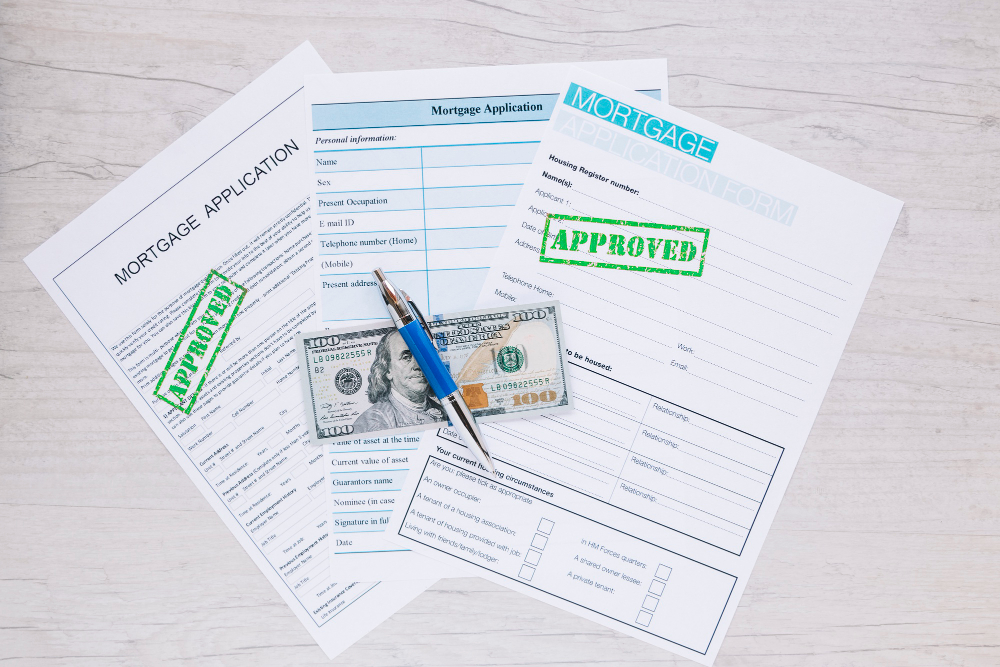Pay Stub Requirements in California: Advanced Regulations & Compliance Guide
Introduction — Understanding Pay Stub Requirements in California
Pay stubs are a critical aspect of payroll management, providing employees with detailed records of wages, deductions, and net pay.
California is one of the few states that mandates employers to provide itemized wage statements to all employees.
Following Pay Stub Requirements in California ensures legal compliance, protects employee rights, and prevents disputes.
Providing accurate pay stubs helps employees verify earnings, deductions, and hours worked. It also safeguards employers by maintaining transparency and preparing for audits.
For official guidance, employers should review California labor law provisions on wage statements.
Key Components of California Pay Stubs
In California, pay stubs are legally required to include specific information. A compliant pay stub should contain the following:
- Employee Information: Name, employee ID, and job classification.
- Employer Information: Company name, address, and contact details.
- Pay Period: Start and end dates of the payroll cycle.
- Gross Wages: Total earnings including regular pay, overtime, bonuses, and commissions.
- Deductions: Taxes, insurance, retirement contributions, and any other legally authorized deductions. For federal guidance, see IRS Payroll Guidelines.
- Net Pay: The final amount the employee receives after deductions.
- Hours Worked: Regular and overtime hours, as required by California law.
- Leave Balances: Optional but recommended, including accrued vacation or sick leave.
Employers can generate compliant pay stubs using the Pay Stub Generator or refer to examples at Regular Pay Stub Details.
Legal Requirements for Pay Stubs in California
California law, specifically the California Labor Code Section 226, requires employers to provide employees with itemized wage statements every pay period.
These statements must accurately reflect gross wages, hours worked, deductions, and net pay. Noncompliance can result in penalties and legal consequences.
Employers should maintain payroll records for at least three years. Providing accurate pay stubs reduces the risk of wage disputes and ensures compliance with both state and federal regulations.
For additional details, review the U.S. Department of Labor guidelines.
Step-by-Step Payroll Compliance in California
A structured payroll process helps employers comply with Pay Stub Requirements in California efficiently:
- Track Employee Hours: Accurately record regular and overtime hours worked.
- Calculate Gross Pay: Include wages, overtime, bonuses, and commissions.
- Apply Deductions: Subtract federal and state taxes, insurance, retirement contributions, and other authorized deductions.
- Determine Net Pay: Calculate the final amount employees should receive.
- Generate Pay Stubs: Use tools like the Pay Stub Generator or see Regular Pay Stub Details.
- Maintain Records: Retain payroll records for at least three years to comply with California and federal laws.
Best Practices for Employers in California
- Automate payroll using a Pay Stub Generator to reduce errors.
- Provide electronic pay stubs for employee convenience and secure recordkeeping.
- Double-check deductions, overtime, and bonuses for accuracy.
- Maintain organized and secure payroll records for compliance.
- Communicate payroll policies and pay stub details clearly with employees.
Tips for Employees Reviewing Pay Stubs
- Verify personal information, job title, and pay rate.
- Check hours worked, including overtime and leave.
- Review all deductions. For federal guidance, see IRS Payroll Guidelines.
- Keep copies of pay stubs for personal records, tax filing, and loan applications.
- Report discrepancies immediately to the employer for resolution.
Common Mistakes Employers Should Avoid
- Miscalculating gross pay, overtime, or deductions.
- Omitting required employee or employer information on pay stubs.
- Failing to maintain payroll records for the legally required period.
- Not providing itemized wage statements every pay period.
How a Pay Stub Generator Simplifies Compliance
A reliable Pay Stub Generator helps employers comply with Pay Stub Requirements in California efficiently. It:
- Automatically calculates gross pay, deductions, and net pay.
- Generates professional, accurate pay stubs that meet California regulations.
- Provides digital or printable pay stubs for employees.
- Reduces errors and saves time for payroll management.
Frequently Asked Questions (FAQs)
Q1: Are pay stubs required in California?
Yes, California law requires employers to provide itemized wage statements to employees every pay period.
Q2: How long should payroll records be kept?
Employers must retain payroll records for at least three years in compliance with California and federal regulations.
Q3: Can pay stubs be provided electronically?
Yes, electronic pay stubs are acceptable and encouraged. Tools like the Pay Stub Generator make this process easy and accurate.
Conclusion — Ensuring Accurate and Compliant Pay Stubs in California
Following Pay Stub Requirements in California promotes transparency, compliance, and employee trust.
Employers should use reliable tools like the Pay Stub Generator, maintain accurate payroll records, and provide detailed wage statements each pay period.
Employees should review their pay stubs for accuracy and retain copies for personal records. Providing precise and compliant pay stubs ensures a professional and transparent workplace.
For examples of properly formatted pay stubs, visit Regular Pay Stub Details.

